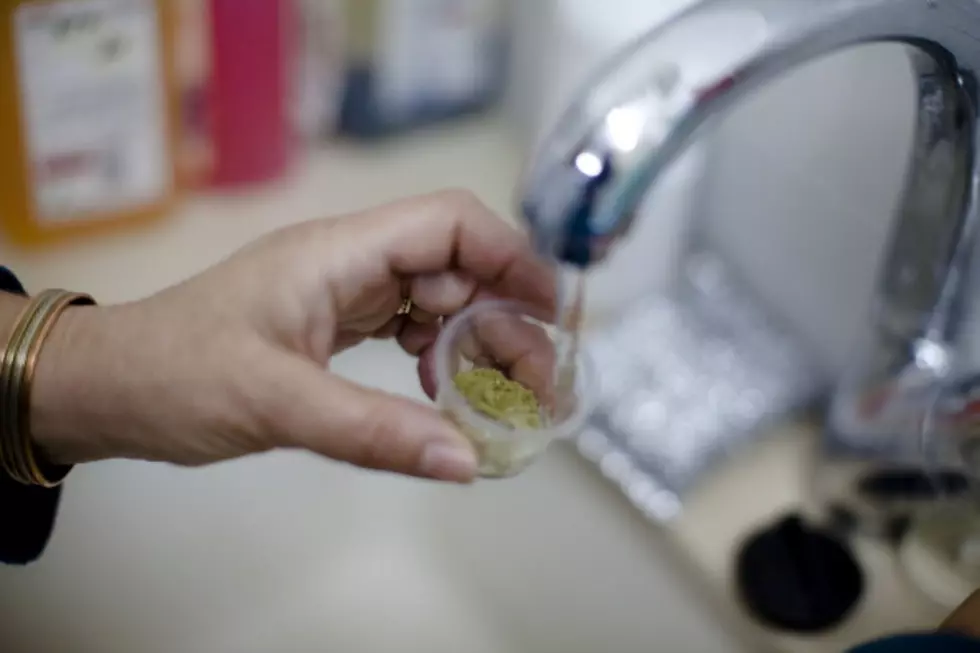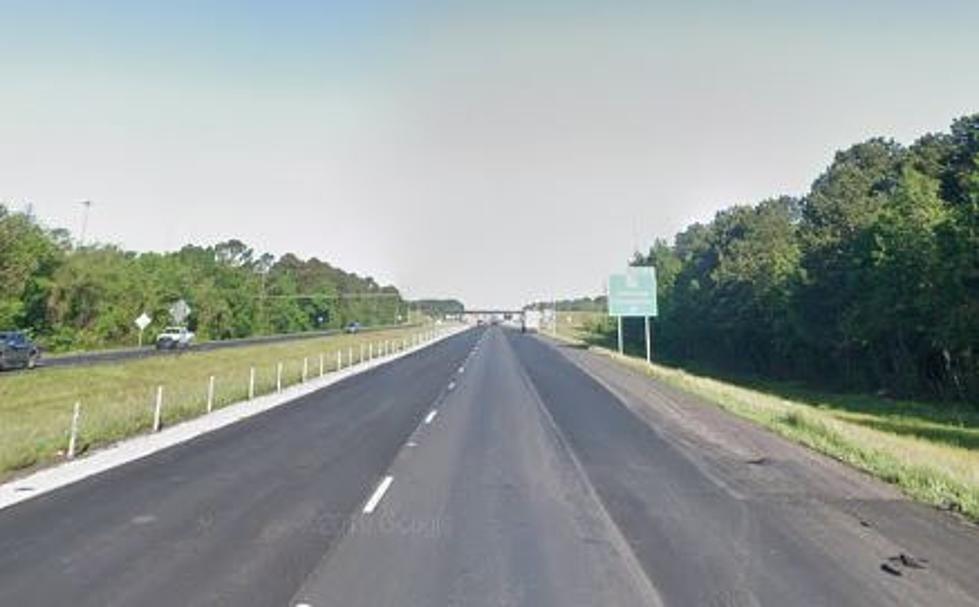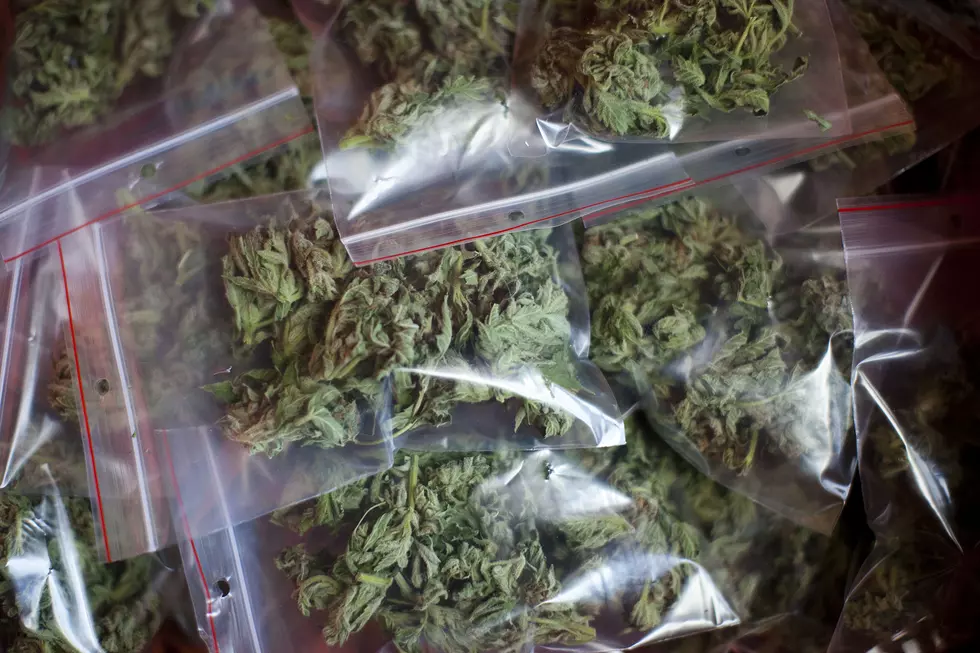
Marijuana’s Active Ingredient Found In Colorado Town’s Water Supply
Tetrahydrocannabinol (THC) is the main psychoactive ingredient in cannabis.
Hugo, Colorado has a population of about 800. Thursday (7/21), this small town was advised not to drink the water, use it to cook, or even use it to bathe. That's because THC was found in the town's water supply.
Later, the Colorado Department of Public Health and Environment downgraded the advisory, saying that the water could be used to shower, brush teeth, and used for laundry, but still should not be drunk.
No reports of health issues have come about, and no one in the area seemed to be in a panic. The former mayor even cracked a joke to the Denver Post.
"I might have to go drink some water," former mayor of Hugo Patsie Smith said.
Investigators aren't being quite so passive on the issue, saying that the case is being handled with "an abundance of caution."
But how did THC get into the town's water supply?
After some investigation, it seemed that one of the well houses showed signs of forced entry. Officials sealed the well, and said it will take 48 hours to flush the THC laden water through the system.
Other chemists have their doubts about there being THC in the town's water supply.
"The amount of THC required would have to be financially ludicrous for anyone to do this as a practical joke," said Dan Burgard, a chemist at the University of Puget Sound in Tacoma, Wash., by phone to The Washington Post. Burgard is currently studying THC traces in Washington wastewater. He does not believe that the Hugo contamination, if it exists, could stem from raw vegetable matter. Unless marijuana is smoked or cooked, the plants are not psychoactive. "It's probably a false positive from the test kit, that would be my gut," he said.
[NOLA via The Washington Post]
More From Classic Rock 105.1






